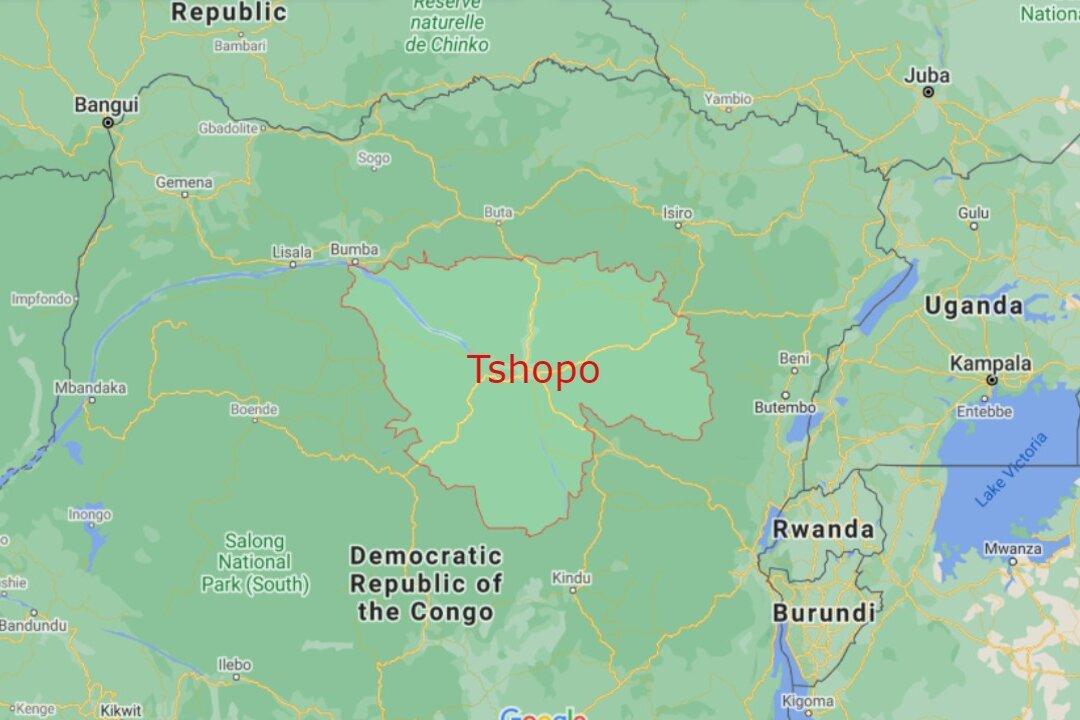KINSHASA—A meningitis outbreak in the Democratic Republic of Congo’s northeastern Tshopo province has killed 129 of the 267 people who have been infected since the first cases were discovered in June, the health minister said late on Tuesday.
Tests carried out by the Institut Pasteur in Paris detected one of the most common types of the bacteria, Neisseria meningitides, which has the potential to cause large epidemics, the World Health Organization said.





